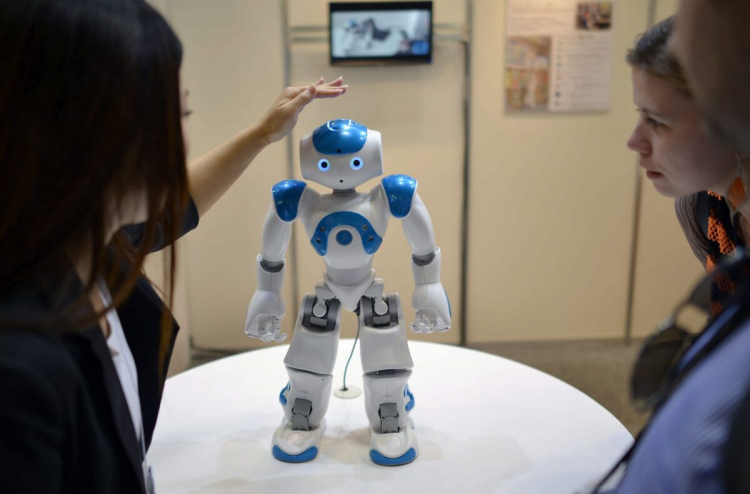In education , the main characteristic of Artificial Intelligence (AI) is that it provides elements of analysis for the cognitive and personalized diagnosis of each student, learning styles, performance, psycho-sociological profiles and motivations. This differential value accounts for specific findings that allow the implementation of learning models adapted for each student. Let's take a closer look at six challenges , according to the Telefónica Foundation's Profuturo Observatory :
Challenge 1. Develop a public policy on AI
The complexity of the technological conditions necessary to advance in this field requires the convergence of multiple factors and institutions. Public policies must work together at the local and international level to create an ecosystem for development.
Challenge 2. Guarantee an inclusive and equitable use of AI in education
Less developed countries risk further social and technological divisions. It is necessary to face some important obstacles to establish the basic conditions for the implementation of new strategies to improve learning.
Challenge 3. Prepare teachers for AI-powered education while preparing AI to understand education
This is a shared responsibility: teachers must learn new digital skills to use this technology meaningfully and pedagogically, and developers must learn how teachers work and create sustainable solutions in real environments.
Challenge 4. Develop inclusive and quality data systems
Data quality should be the main concern. It is essential to develop state capacities to improve the systematization and collection of data. Advances in AI must be an opportunity for data to become important in the administration of educational systems.
Challenge 5. Making research on AI in education meaningful
It is necessary to remember the difficulties that the educational sector has faced in order to take stock of educational research at a practical and legislative level.
Challenge 6. Ethics and transparency in the collection, use and disclosure of data
AI raises many ethical concerns about access to the education system, recommendations for individual students, concentration of personal data, accountability, impact on work, data privacy, and ownership of data that is added to algorithms. Therefore, the regulation of AI requires a public debate on ethics, accountability, transparency and safety.



